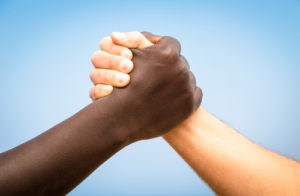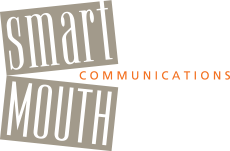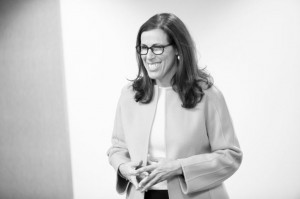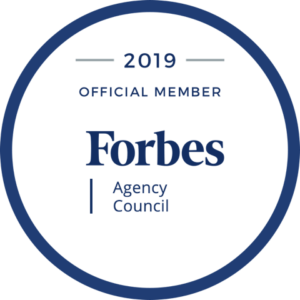 In the early ‘80s in New York City, in my very first job, my very first colleague was Barack Obama. We both had just graduated college. We both started at the company within weeks of each other. We both were assigned entry level editorial jobs, working on a series of international business newsletters and reference books, and we both reported to the same supervisor.
In the early ‘80s in New York City, in my very first job, my very first colleague was Barack Obama. We both had just graduated college. We both started at the company within weeks of each other. We both were assigned entry level editorial jobs, working on a series of international business newsletters and reference books, and we both reported to the same supervisor.
Barack was smart, smooth, and savvy then. But he was also a little aloof. While he and I were friendly colleagues, chatted daily, and periodically went out for lunch, he pretty much kept to himself otherwise. He was the only black professional at the company; the other black employees worked as secretaries or in the mailroom. It was 35 years ago. Barack’s aloofness was also, in part, his “appropriateness” at the time. He didn’t have the latitude to be the social, chatty, sometimes loud and carousing associate that I could be.
When he became President – still smart, smooth and savvy – I watched him as infuriatingly unfair things were said to and about him, insults hurled at him (and his wife), and issues he championed were trashed or quashed. I frequently remarked to myself (and to anyone nearby who would listen) how cool, calm and collected he was no matter what because he had to be, he had no choice. He was a black man, and black men cannot get angry in public, it’s too threatening to white people.
Fast forward, and here we are. Nowhere. Issues of systemic racism, implicit bias, micro and macro aggressions against people of color have made no progress … except, perhaps, the hope generated by recent protests and the renewal of active public discourse.
For those of us who are allies, but are also white, there’s a self-consciousness about our privilege and some feelings of helplessness about what to do right now – besides using our voices, voting, and whatever other forms of activism we can engage in. I, for one, can tell you I have so much heart and mind invested in helping to right the wrongs, but I am often at a loss for what, specifically, I can do to effect positive change.
I decided that, for starters, I can use my platform and communicate. I typically write this monthly piece to share tips, insights and strategies for being a better communicator and presenter. But, given current events and my despair over the dual and intertwined pandemics of COVID-19 and racism, I just couldn’t. Tips, insights and strategies seemed so trite right now … and so privileged.
Instead, I decided to write about white privilege in the conference room and how we might begin to address and redress biases and inequities in meetings and presentations.
Here’s the deal: I can be late, I can get annoyed or angry, I can tell a bad joke, I can be sassy, I can exaggerate my mannerisms, I can interrupt or talk over someone else, I can mispronounce a word or phrase, I can leave the room early — all without any consequences simply because I’m white. I’m not proud of that, but I’m aware of it. I have the same latitude to be big, take up more than my fair share of space, mess up, and even be offensive – without serious consequence – that I had in the early ‘80s. People of color haven’t and don’t have these luxuries and won’t … unless and until we force an awareness and an openness on ourselves and others. We need to take action and find ways to hold ourselves and each other accountable for the biases and inequities in conference rooms.
Here’s my starter set of suggestions:
- Check yourself before you judge or speak up;
- Check your colleagues when they judge out loud or speak up;
- Hold a larger space for people to be different/do things differently.
Those, I would say, fall under the general heading of being tolerant. Beyond just tolerance, though, how about ways to be proactive?
- Invite team members who are people of color to be lead presenters (for some reason, the lead presenter is like an NFL quarterback – more often than not, white);
- Encourage directness and polite conflict, which, to date, have been more acceptable forms of communication for white people than people of color;
- Learn about micro-aggressions and develop a system for imposing a “check” on colleagues’ responses to one another.
I don’t profess to have all the answers. I only have an awareness, an openness, and a starter set of suggested actions … so far. I’d love some input from readers. Please give this some thought and then share your ideas here. Thanks.
- New Agey Advice for Nervousness - November 3, 2022
- Your Passion Can Go a Long Way Toward Building Connection - October 10, 2022
- Keep stage fright a private matter while you’re speaking on a public stage! - August 11, 2022



